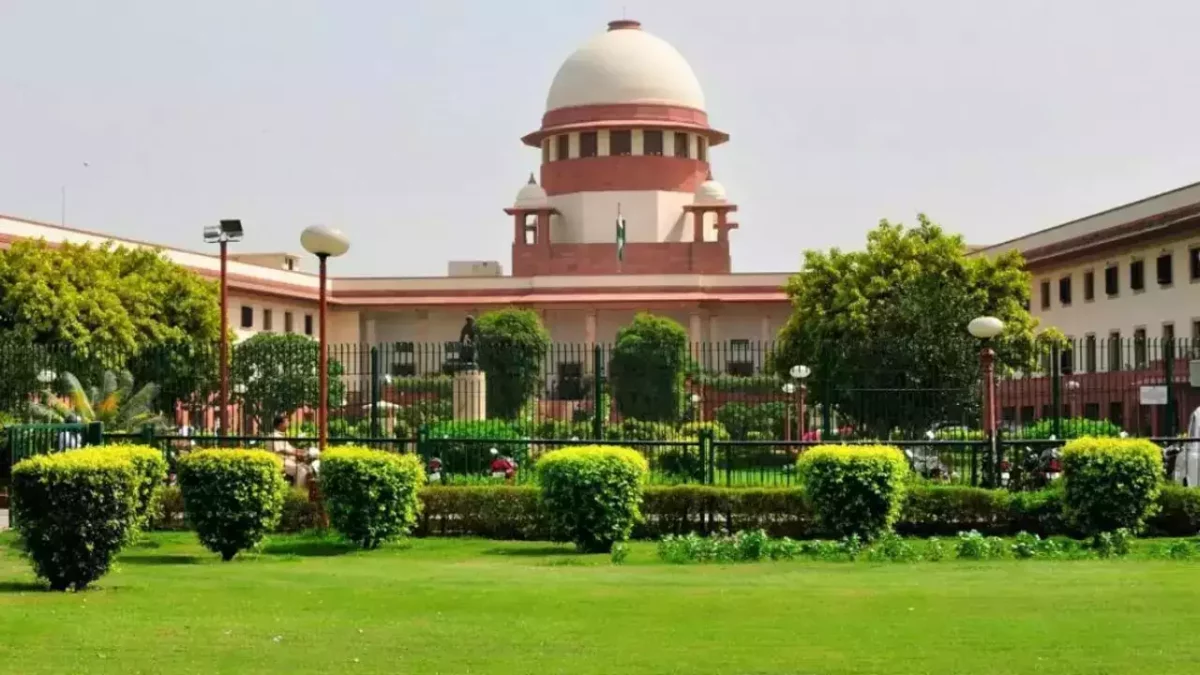
In a significant ruling, the Supreme Court of India has turned down a Public Interest Litigation (PIL) based on an assumption that a particular community is solely responsible for the violence in the northeastern state of Manipur. The verdict was delivered by a bench of judges led by Chief Justice after thorough deliberations on the merit of the case.
The PIL, filed by an anonymous petitioner, alleged that a particular community residing in Manipur was the main cause behind the escalating violence and unrest in the region. The petitioner claimed that this assumption was based on historical grievances and previous conflicts involving the said community. However, the Court emphasized that drawing conclusions solely based on assumptions and generalizations would be against the principles of justice and fairness.
The judiciary’s primary concern during the hearing was to uphold the fundamental right to equality enshrined in the Constitution of India. The judges emphasized that all citizens, regardless of their ethnicity or community, are entitled to equal protection of the law and the right to live with dignity and security. The verdict highlighted the need to avoid stereotyping communities based on the actions of a few individuals and stressed the importance of promoting communal harmony and unity in the region.
During the hearings, the petitioner’s counsel argued that the PIL was filed to address the pressing issue of violence and to seek justice for victims. They contended that specific measures needed to be taken against the alleged community to prevent further unrest. In response, the Court acknowledged the seriousness of the situation in Manipur but emphasized that singling out a particular community would not lead to sustainable solutions and could potentially exacerbate tensions.
The Court highlighted the importance of conducting impartial investigations and bringing the actual perpetrators of violence to justice. It underscored that communal harmony and reconciliation efforts should be fostered among different communities in Manipur, encouraging dialogue and understanding instead of exacerbating divisions.
The dismissal of the PIL has been met with mixed reactions. Some individuals and groups have expressed disappointment, arguing that it was a missed opportunity to address the root causes of violence in Manipur. They urged the government and authorities to take more proactive steps to bring peace and justice to the region.
On the other hand, human rights organizations and activists have lauded the Supreme Court’s decision, stating that it upholds the principles of justice, fairness, and constitutional rights. They stressed that any action based on assumptions and stereotypes would have serious implications for the rule of law and communal harmony.
The verdict has reignited debates on the need for comprehensive and inclusive approaches to address violence and conflicts in regions like Manipur. Many are calling for better policies and mechanisms to foster dialogue and reconciliation among communities, ensuring that grievances are addressed through peaceful means.
In conclusion, the Supreme Court’s decision to dismiss the PIL based on an assumption of one community’s guilt for violence in Manipur sends a strong message about upholding the principles of justice and equality. The ruling emphasizes the importance of unbiased investigations and fostering communal harmony to address the root causes of violence. Moving forward, the onus lies on the government and civil society to work collaboratively towards sustainable peace and justice for all in Manipur.











